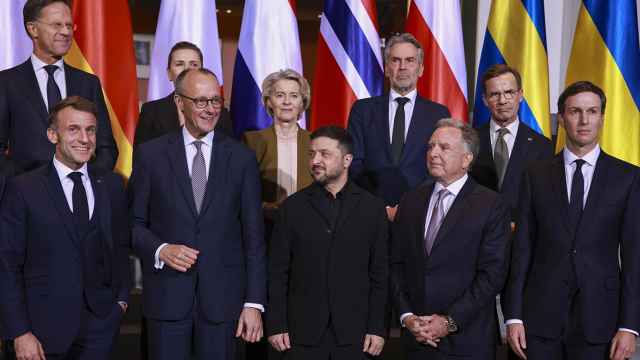About 85,000 websites ended up on the Internet blacklist over the past year, 98 percent of them blocked without a valid reason, a new study said.
Since November 2012, Russian state agencies have been able to block without a court order websites they deem to be promoting suicide or illegal drugs, or disseminating child porn. This is often done using a website's numerical IP address, routinely shared by dozens of sites, all of which end up on the blacklist if one of them is banned.
The government blocked 741 IP addresses over the past year, affecting 83,000 websites, according to a study by Rublacklist.net, an independent online watchdog.
Another 1,392 were blacklisted by their unique domain names, said the study, released Tuesday.
A Message from The Moscow Times:
Dear readers,
We are facing unprecedented challenges. Russia's Prosecutor General's Office has designated The Moscow Times as an "undesirable" organization, criminalizing our work and putting our staff at risk of prosecution. This follows our earlier unjust labeling as a "foreign agent."
These actions are direct attempts to silence independent journalism in Russia. The authorities claim our work "discredits the decisions of the Russian leadership." We see things differently: we strive to provide accurate, unbiased reporting on Russia.
We, the journalists of The Moscow Times, refuse to be silenced. But to continue our work, we need your help.
Your support, no matter how small, makes a world of difference. If you can, please support us monthly starting from just $2. It's quick to set up, and every contribution makes a significant impact.
By supporting The Moscow Times, you're defending open, independent journalism in the face of repression. Thank you for standing with us.
Remind me later.





